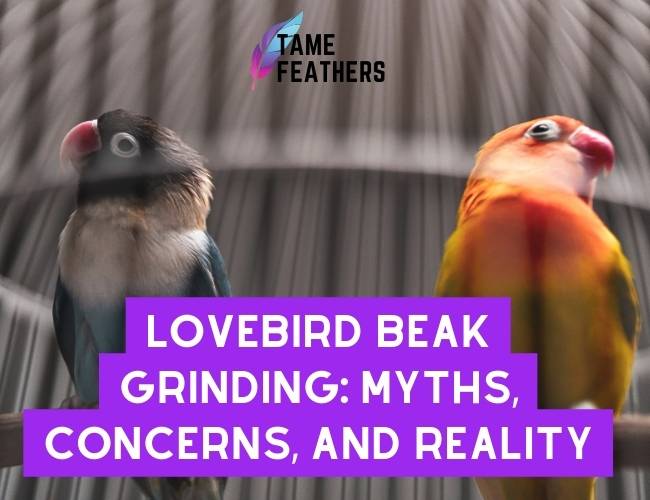Are you wanting to welcome a brand-new pet into your home? Small and colorful lovebirds can make wonderful pets.
They bond with their owners and have cheery personalities and cute vocalizations.
Continue reading if you’re thinking of include lovebirds in your household.
We’ll go over all you need to know about keeping them as pets, including their dietary needs, behavioral requirements, and other considerations you should make before bringing one home.
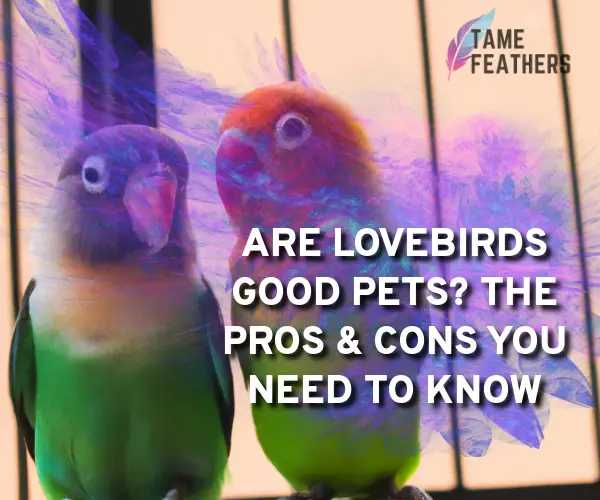
Impact on Your Home Environment
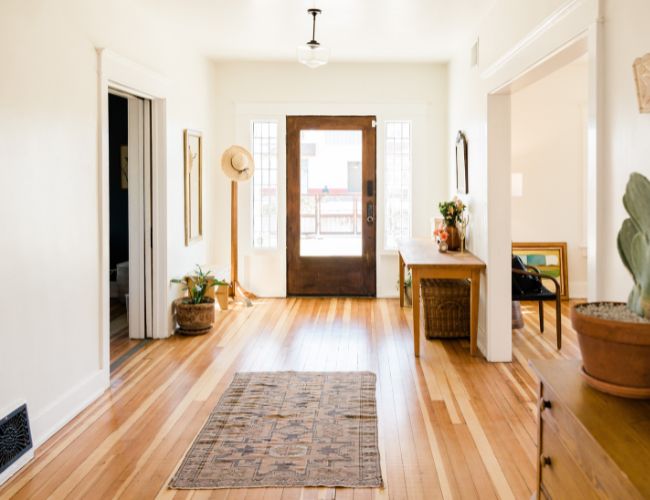
Lovebirds are often misunderstood as being merely dainty and endearing birds, but in reality, they can be rather raucous.
The volume of the noise can even become much higher when the animals are housed in pairs or in bigger groups.
Before considering whether or not lovebirds would make suitable pets for you, it is crucial to take into account the conditions of your home and surrounding area.
It is also important to be aware that the dust that is produced from the lovebird’s feathers can trigger allergic reactions in some individuals.
And because these birds require a large amount of space, you will need to make certain that there is sufficient room for them to walk about and play securely without creating an excessive amount of clutter or commotion inside of your home.
Temperament & Personality Traits
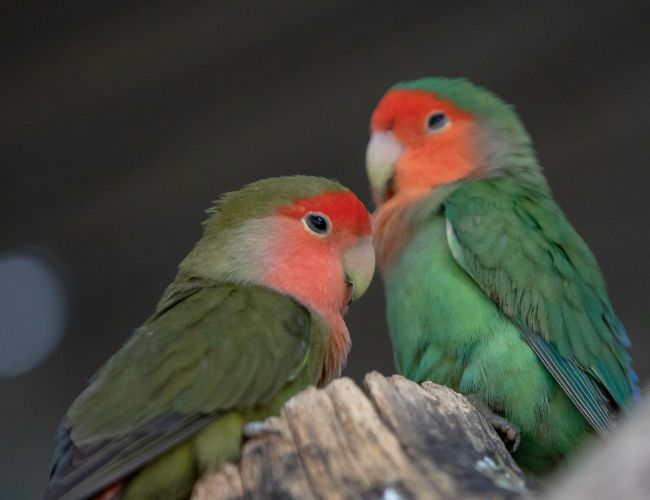
In general, lovebirds have a tendency to be highly active and pleasant animals with a character that is curious about their surroundings.
However, the personality of a lovebird can vary based on the specific bird and the conditions in which it lives.
On the other side, they have the potential to become hostile toward humans or other birds if they are not handled with care and on a consistent basis.
Due to the fact that lovebirds are very gregarious birds, it is ideal to keep at least two of them together; nevertheless, this will result in twice as much noise.
You should be able to keep their personalities upbeat as long as you give them enough stimulation in the form of toys and activities; however, you should still take measures to prevent boredom when they are left alone for extended periods of time.
Health Requirements

Lovebirds, like any other type of pet, need to visit the veterinarian on a regular basis in order to maintain good health during their whole lifespan, which can last up to 15 years (though this varies somewhat depending on species).
They need a balanced diet that includes a variety of fruits, vegetables, seeds, and nuts, in addition to calcium supplements, and you, as the owner, are responsible for providing all of these things.
It is essential that you become familiar with the common health issues that are associated with these birds, such as feather plucking, respiratory infections, foot problems, eye problems, nutritional deficiencies, etc. so that any symptoms can be recognized quickly and properly treated by a veterinarian if necessary.
Living Space Needs
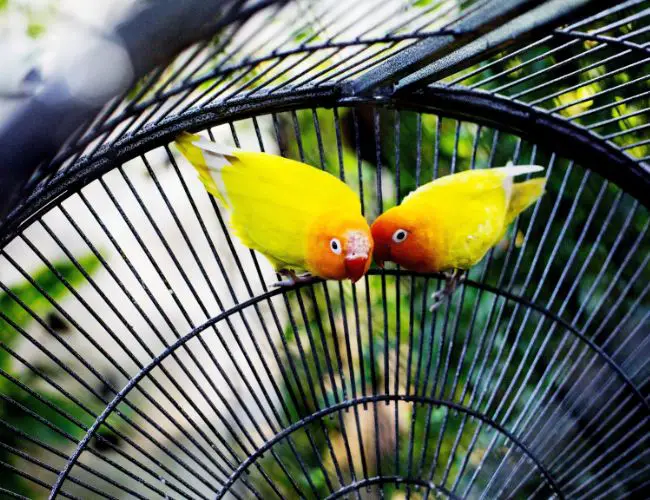
Lovebirds need a large amount of living space, not only within their cage but also outside, where they may fly freely without colliding with any obstacles like walls, windows, or furniture.
Cages should be at least 3 feet tall, 2 feet wide, and 2 feet deep at the very least (90cm x 60cm x 60cm).
These dimensions expand when more than one bird is housed in the same space, so keep this in mind, especially if you own more than one pair of birds.
It is crucial that all perches, toys, feeders, water dishes, and nest boxes, among other things, fit properly inside the cage while giving ample area for the animal to walk around.
Additionally, you are responsible for ensuring there is sufficient light ventilation, temperature, humidity levels, cleanliness, and safety protection from predators and so on.
Your pet lovebird will have significantly increased levels of pleasure, contentment, and overall welfare as a direct result of all of these factors (s).
Training Considerations

Lovebirds are intelligent little creatures that are capable of learning basic commands, tricks, vocalizations, mimicking sounds, words, phrases, and so on.
Teaching lovebirds how to do something is similar to teaching children how to do something; however, certain methods will work better than others.
To give one example, rather than punishing undesirable behavior, desirable behavior can be rewarded.
Due to dedication, patience, consistency, repetition, and commitment, clicker training is effective.
Understanding what motivates each individual bird is also important.
All elements involved here involved researching local avian behaviorists and trainers who focus on working especially with parrots and lovebirds is another option to take into consideration.
Cost Of Ownership

In addition to the cost of obtaining your very own actual pet, which in and of itself entails expenses such as food, bedding, housing equipment, and accessories, costs for medication and checkups, as well as vet bills insurance savings for unexpected expenses grooming tools trip costs entertaining products etc).
There are additional expenditures involved with its daily, weekly, monthly, and yearly maintenance as well.
- Regular maintenance cleaning
- substitute for food
- replenishments of water
- resources for recreational and amusing outdoor activities
- periodic vaccinations
- medicines
- mite control and
- prevention of insects, diseases, and parasites
The predicted cost amount clearly varies widely from place to country.
Have You Tried This Gourmet Parrot Food?
We get so much good feedback on these Bistro Parrot Food packs! Our readers feathered friends are absolutely loving it! The best part is, it is suitable for all birds and parrot-types. Parakeets, Cockatiels, African Greys, etc. Check it out…
[amazon box=”B086KLFSZQ”]
We Thought You Might Want To Know This About Lovebirds… 😊
bird cage for lovebirds
lovebirds breeding box
how many eggs do lovebirds lay



